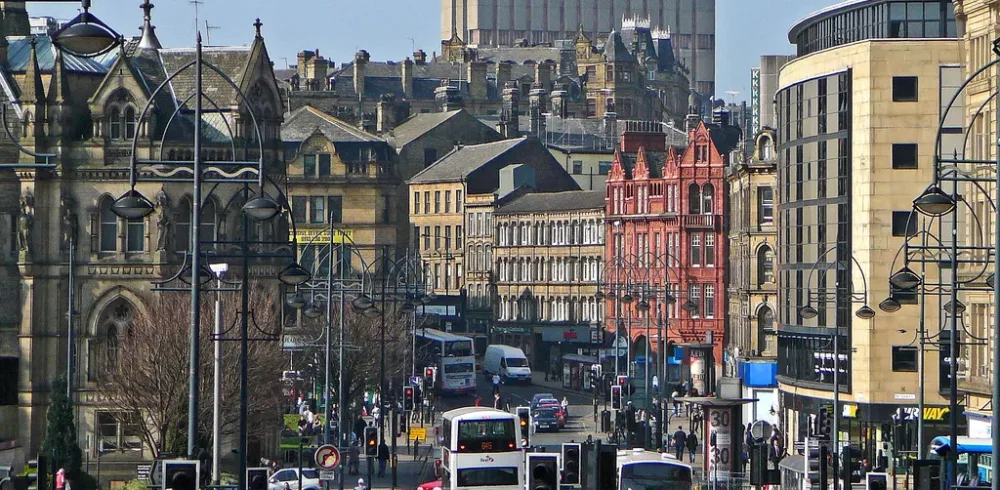A coalition of manufacturers, commerce groups and social enterprise organisation in Bradford have decided to work together towards inspiring young people to forge a career in the manufacturing industry. Bradford Manufacturing Week, which took place for the first time from the 8th to the 12th of October, aimed to introduce, educate, and persuade teenagers at local schools to consider working in the manufacturing and engineering sector.
The initiative, sponsored by Barclays, Gordons LLP and Naylor Wintersgill, welcomed more than half of local secondary schools and provided over 3,000 manufacturing experiences, including workshops, factory tours and work experience.
“It really got the pupils thinking, talking and asking the questions that were important to them. The students had really done their research, and many addressed the big issues in manufacturing such as employing women, attracting young people to the sector and whether apprenticeships are the right route to take,” said Nick Garthwaite, president of the Bradford Chamber of Commerce and founder of Bradford Manufacturing Week.
Garthwaite also pointed out the role social media had in spreading their message: “Between social media and the interactions in the room, we answered around 20 questions put to us – we were euphoric by the end of the session and agreed, it’s certainly an event to be repeated during Bradford Manufacturing Week 2019.”
Among the manufacturers who took part in the event were Whitakers Chocolates, Airedale Chemicals and Seabrook Crisps. Careers guidance firm Aspire-igen was the most prominent social enterprise involved in Bradford Manufacturing Week, helping connect students with local employers.
Although Bradford’s manufacturing sector has undergone a long-term decline from the days when 70,000 people walked through the factory gates of the town’s textile mills, it still comprises a sizeable component of the local economy.
Around one eighth of all jobs in the Bradford district are in manufacturing compared to 8% nationally. Gross Value Added per manufacturing worker is higher than any other city in the Northern Powerhouse, with a total manufacturing GVA output of £1.5 billion in 2016.
Manufacturing & Engineering Magazine | The Home of Manufacturing Industry News













